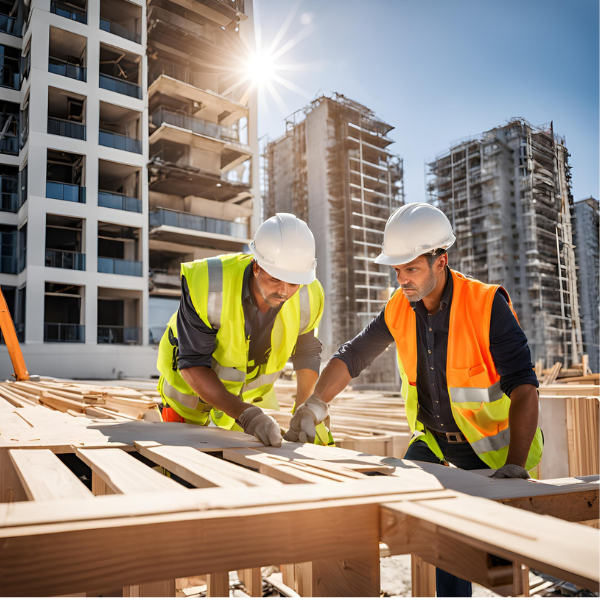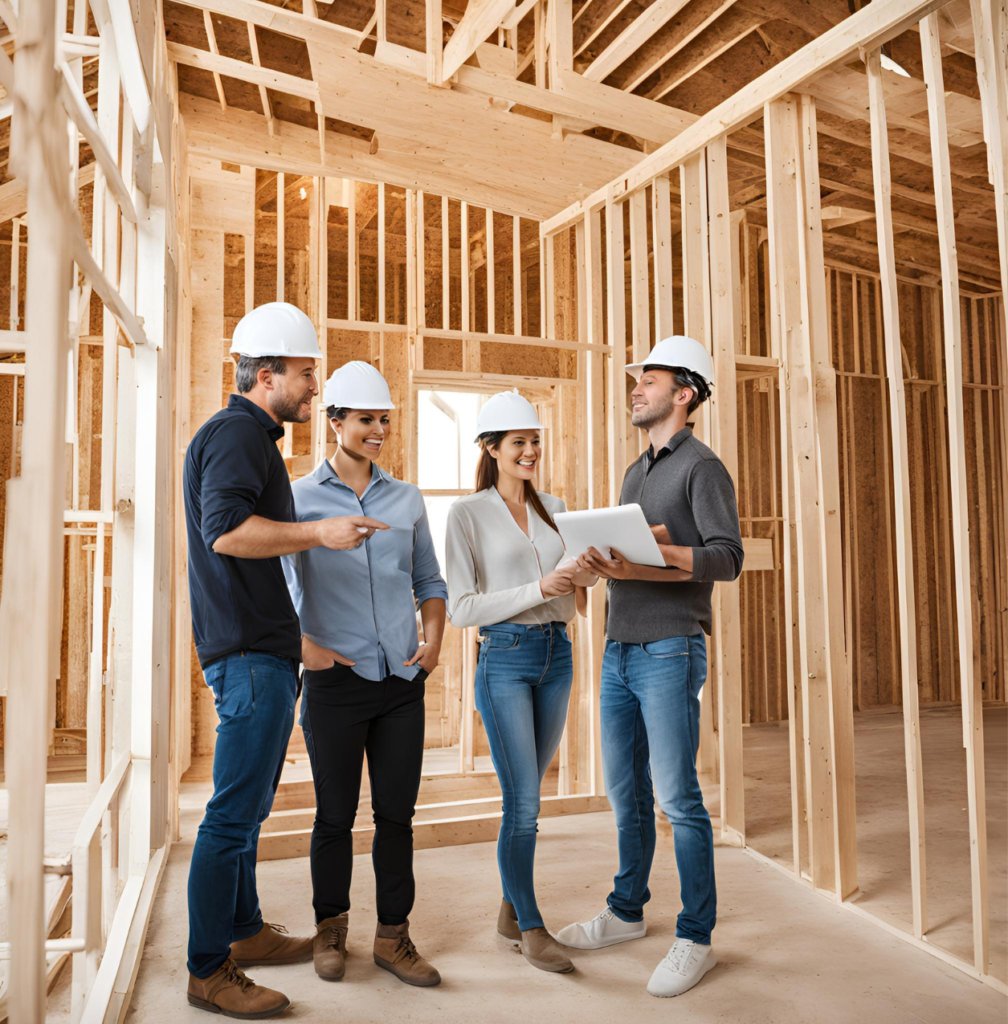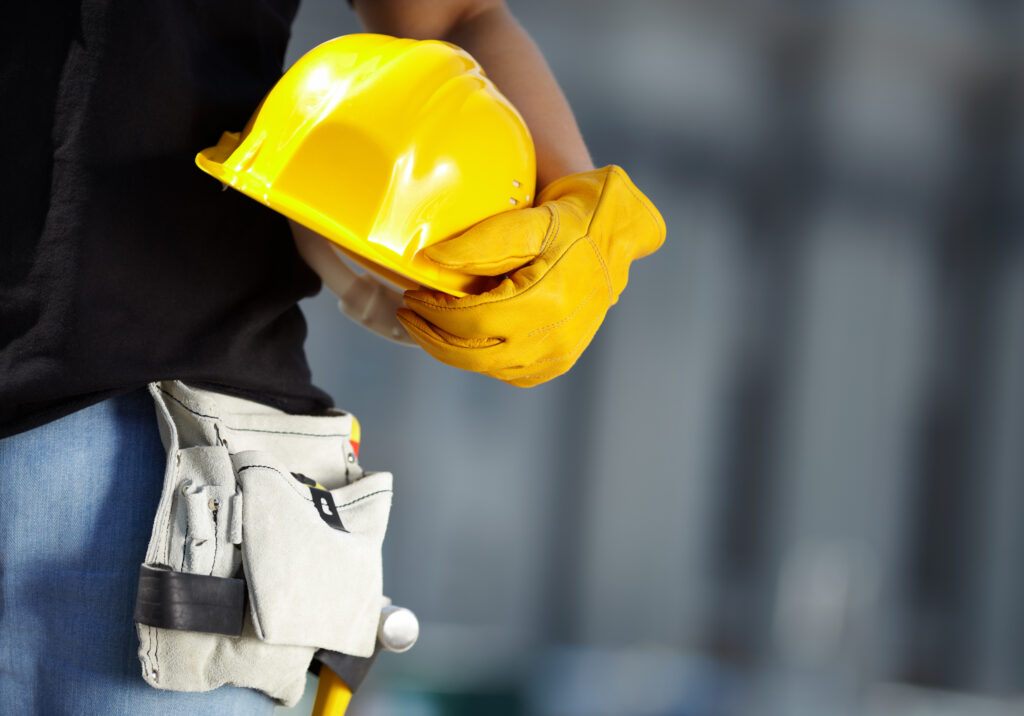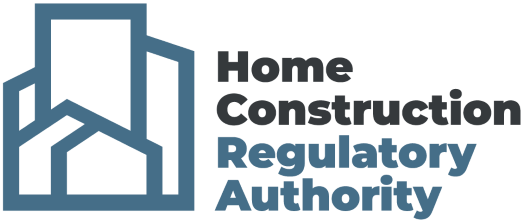Do I Need a Builder Licence in Ontario?
In Ontario, all new home builders and sellers are required by law to be licensed by the Home Construction Regulatory Authority (HCRA). It is illegal to build or sell a new home without a valid licence. A licence confirms that the builder has met the competency requirement for a licence, and is committed to maintaining ethical practices, including honesty and integrity.
Operating without a licence puts homebuyers at risk, erodes public trust in the industry, and creates an unfair marketplace. The HCRA is dedicated to identifying and acting against individuals and companies who attempt to bypass the rules and operate outside the law.
Who Needs to be Licensed as a Builder or Seller in Ontario?
- A builder of new homes must be licensed as a builder
- A seller of new homes must be licensed as a seller (vendor)
- A builder who builds and sells new homes must be licensed as a builder/seller (vendor)
- A builder who builds contract or custom homes on land owned by the owner of the home must be licensed as a seller (vendor) and builder
If a person plans to have a builder construct their home, they should confirm the builder is licensed by the HCRA and that their new home is approved by Tarion and enrolled in the warranty plan before signing a contract.



Who Does Not Need a Builder Licence in Ontario?
A person building a home for their own use on land they own may not require a builder’s licence, provided they do not sell the home after construction. However, an owner-built home is not eligible for warranty coverage under the Ontario New Home Warranties Plan Act (ONHWPA) and will not have statutory warranty coverage.
As an owner-builder, the individual assumes the role of the builder, meaning they are responsible for managing the entire project. This includes overseeing workplace safety and insurance, obtaining the necessary municipal permits, and directly contracting with subcontractors, trades, and suppliers.
What is considered as a “New Home”?
While the HCRA has a technical definition, in simple terms, a home may be considered “new” if it meets the following characteristics:
- Is a new dwelling
- Has not been previously occupied
- Is built as a family dwelling used for residential purposes
- Is self-contained – meaning that it provides things like heating and waste management, and spaces for eating and sleeping
- Can be occupied on a year-round basis
- Is affixed to a permanent foundation
Typically, renovations or upgrades to an existing home do not make the home “new” – and as such, do not require the builder to be licensed. Another key factor to consider is whether the home is intended for year-round living, rather than seasonal use. If the new home includes heating, insulation, electricity (on or off-grid), potable water, plumbing, or waste disposal, and provides sleeping and cooking areas, a licence is required before construction can begin.
Coach, laneway, and ‘tiny’ homes generally require licensing and warranty coverage.
For more details on what qualifies as a new home for licensing and warranty purposes, refer to HCRA Advisory 3 – Common Definition of ‘Home.’
